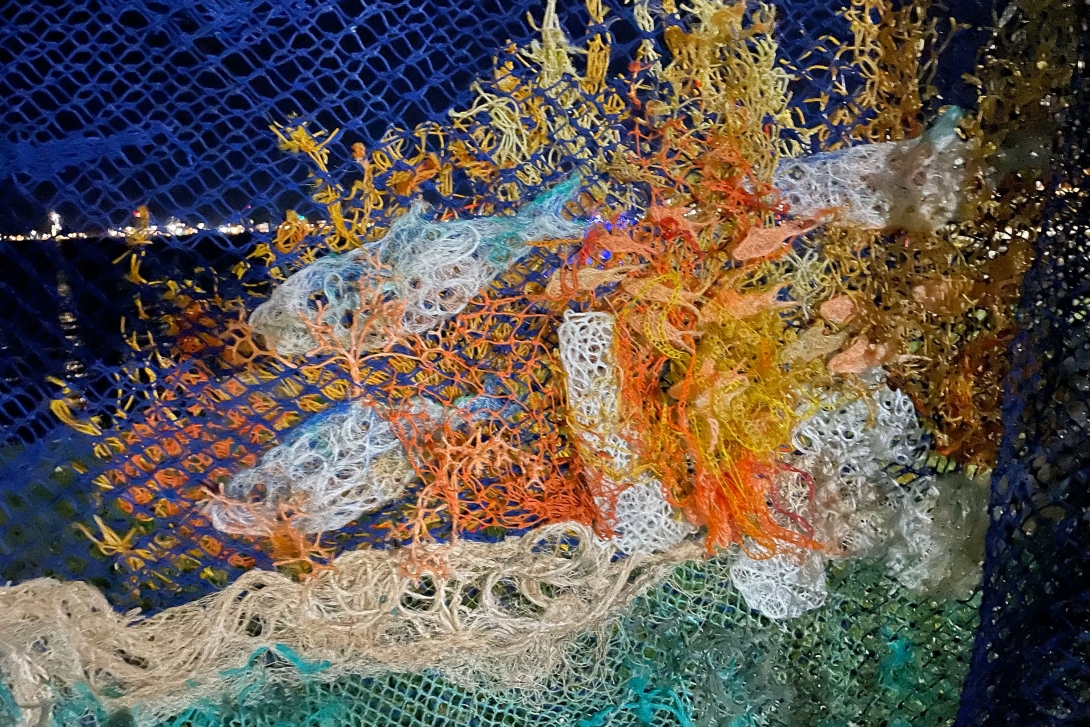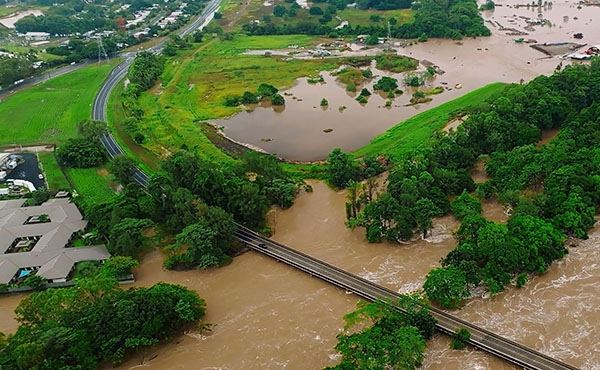Pollution is perceived as the second major threat to the Reef 1075 (Figure 9.1). Coastal residents are substantially more concerned about plastic pollution than other types, mostly because their experiences are often limited to local beaches where the most visible threat is marine debris.1075,1074

Both aesthetic and economic values can be degraded by pollution and poor water quality, primarily through decreases in tourism visitation and shoreline and water-based recreational activities.1066,1168 For example, it is estimated that failing to reduce pollution from sediments can severely affect tourism in the Mackay Whitsunday region, with significant impacts on the local economy, potentially threatening hundreds of jobs.1938
Aesthetics and economic values can be degraded by pollution and poor water quality
Regional communities along the Reef consider improved land management to improve water quality as one of the main interventions for managing the Reef.1075,1159 Government and community members, particularly farmers, continue to invest in and implement programs that improve water quality by reducing nutrients, sediments and pesticides entering the Reef lagoon. These programs include voluntary adoption of improved agricultural practices driven by Reef protection regulation requirements and compliance.1825 These programs also include the delivery of voluntary incentives that rely on non-government partners, particularly regional natural resource management organisations and agricultural industry peak bodies.1939
In 2023, evidence indicates that practice change has occurred among producers since implementation of the Reef protection regulations.1940 Many producers consider the regulations have increased awareness of the impacts of nutrients and sediment on the Reef and acted as a catalyst for change towards more progressive and sustainable farm practices. However, adoption of new practices may be affected by the producers’ perceptions, attitudes, goals and motivations.1940,1941 This includes general scepticism about the need for the Reef protection regulations and a resistance to being regulated, mistrust in government and the evidence base for the regulations, and a belief that government officials do not understand farming.1940 Research into how to navigate these challenges is ongoing.1942,1943,1944,1945,1946,1947


